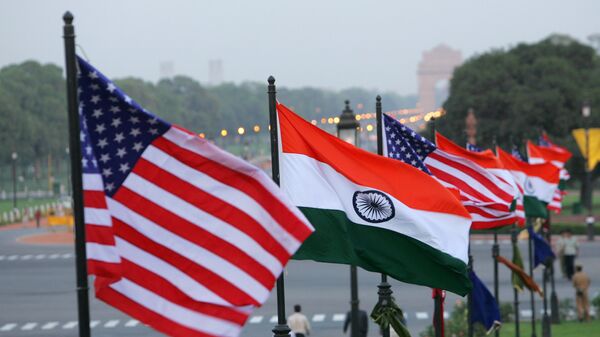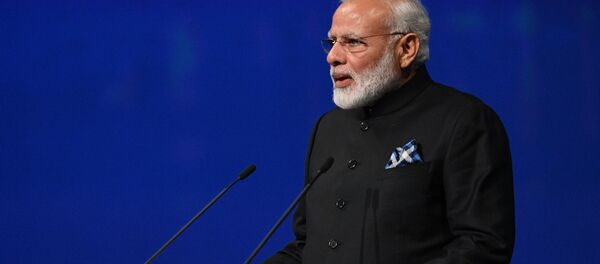Experts, however, pointed that India and US ties are on the cusp with PM Modi facing the challenge of building rapport with a new administration that seems to be pursuing a "transactional agenda".
"This new consortium demonstrates the US and Indian commitments to ensuring access to affordable and reliable energy in both countries. We know that continued grid innovation will promote economic growth and energy security in the United States and India," PTI quoted US Energy Secretary Rick Perry as saying.
The initiative has come under the aegis of the US-India Partnership to Advance Clean Energy (PACE). The two sides will collaborate for smart distribution grid with storage (UI-ASSIST) as the new consortia for Smart Grid and Energy Storage under the US-India Joint Clean Energy Research and Development Center (JCERDC), a Department of Energy (DoE) statement said.
The Trump administration's announcement has come weeks after President Donald Trump specifically named China and India unduly benefitting from the 2015 Paris climate change accord as he pulled the US out of the treaty. Not only that, Trump argued that "India makes its participation contingent on receiving billions of dollars in foreign aid" and that it will be allowed to double its coal production by 2020.
Economic and trade ties between India and US too are under stress due to Trump's protectionism at home and review of work visas and anti-immigrant stance.
Experts said that India needs to build a rapport with the US under President Trump.
"PM Modi's challenge is to build a rapport with an administration which seems intent on retreating to the margins of global politics and of pursuing a transactional agenda. The strategic logic that largely drove George W. Bush and Barack Obama's overtures to India that India's rise is in America's larger interest, can no longer be the basis of India-US engagement under Trump. That said, there are new opportunities, if only Indian policy mandarins remain open to new possibilities," Harsh V. Pant, distinguished fellow at the New Delhi-based Observer Research Foundation, told Sputnik.




